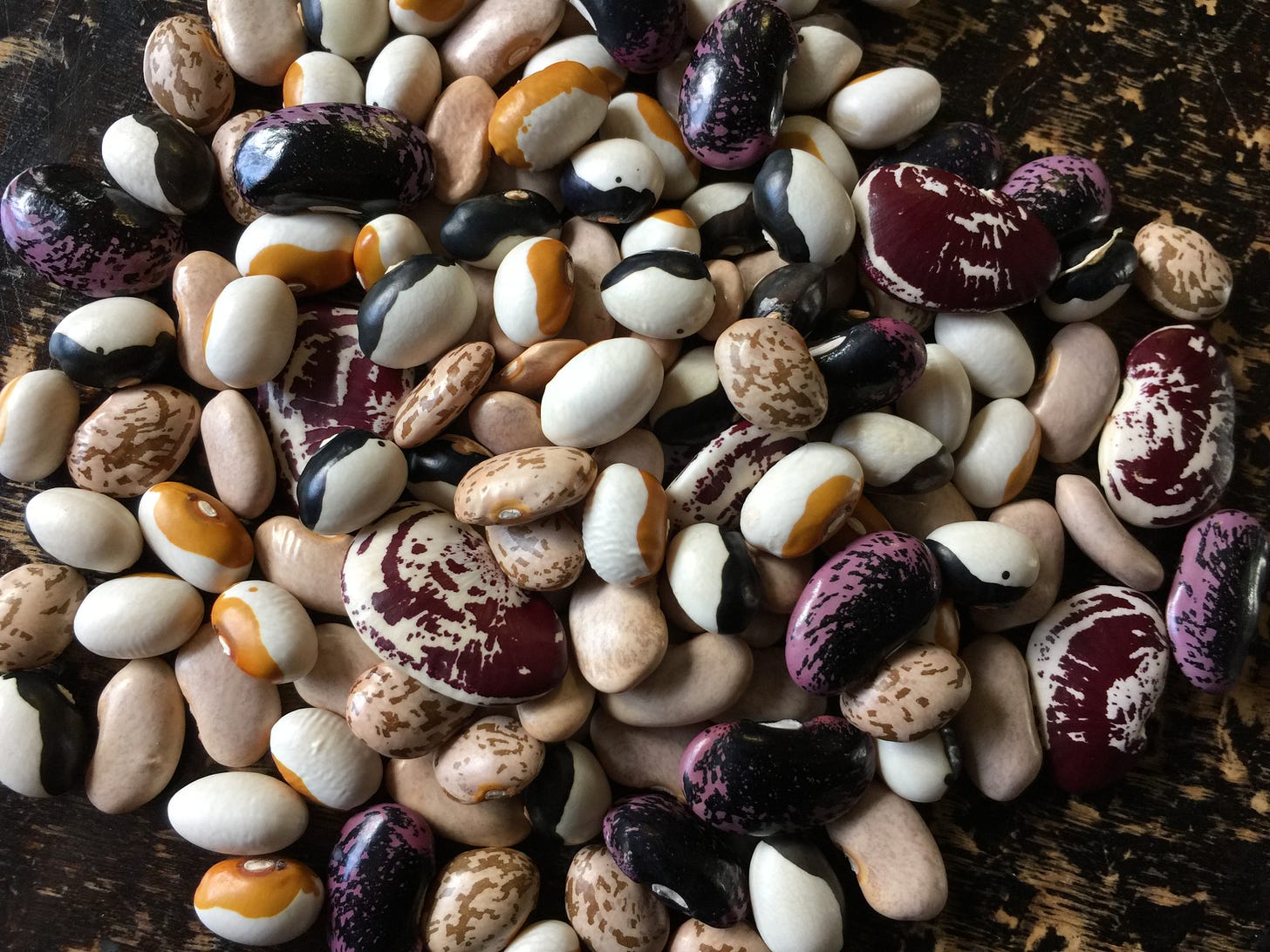Prioritising Nutrition
Key Points for Recovery, Optimal Health & Wellbeing. Following is a summary of key learnings with clients over several decades of successful nutrition interventions.

© Hartmut Michael Günther, B.Sc. Hons. Biochemistry, Graduate Diploma Nutrition Medicine, Graduate Diploma Psychology | hart@hartgood.com | PH: 0439 54 7788 | Last update: April 2025
Introduction
Food and eating are such familiar needs and activities for all humans. In a perfect world we would develop habits and skills that would ensure we are eating in a way that promotes health, longevity and wellbeing. However, eating in such a way is no longer such a simply acquired passive process for many people for many reasons. It is now incumbent on the individual who becomes interested in their health, to actively and consciously prioritise basic nutrition skills and acquisition of knowledge. Here is what I have learnt while working with clients over the last 20 years -
Develop a living Relationship with Food. Any supportive, beneficial and enjoyable relationship is always two way. Likewise, in this relationship, food gives us the energy, nutrients and enjoyment we need to live and thrive. To allow this relationship to be evolving, nurturing and sustainable we are tasked with learning to learn about food. The look of food, the smell, texture and feel, the colour, weight and optimal season and location. How to buy best quality food, how to prepare, cook and store food. And, if possible, how to grow something we can eat. This then joyously unfolds into a lifetime of delicious discovery and learning.
Get organised. Cook & buy in bulk when possible. Saves time, money and energy while maintaining quality. Store cooked food/meal in flat glass/pyrex containers in freezer and take out in morning before work. Ready to heat up when you get home.
Be aware of what you are putting into your mouth. Period. Try to avoid doing other things while eating. How does the food taste and feel in your mouth. Amazingly, as you relax and begin to savour the food and indeed the moment, you become more aware of what your body needs - not just your mind. Body needs Energy & Nutrients.
Acquire knowledge of foods, nutrients & food preparation techniques from reputable, trusted & evidence-based sources. Parents, grand parents & Elders, family & friends, cultural knowledge, your body itself. Plus evidence-based sources below. It is essential to learn about your Diet and the nutrients it provides in relation to Recommended Daily intakes (RDI’s) and your individual needs. Aim to optimise Digestion and absorption & support your Microbiome. Learn how to distinguish between Fats, Carbohydrates, Proteins and Fibre. You can then discern Nutrient Dense from Energy Dense Foods. In other words, foods that make you fit not fat. Complex Carbs versus cheap sugars.
Lean strongly towards locally grown whole foods with minimal contamination from packaging, overseas travel, storage, sprays and chemical use wherever possible. They exist, just need to do some investigations, inquiries and support local businesses, growers markets, road side stalls and local food outlets stocking fresh and if available, spray-free/organic ingredients. Supermarkets have these too, albeit sparingly and often at higher costs. Grow food if possible, it’s fun and very satisfying. Prioritising health & quality food reduces the pain of spending a little more & making a little more effort.
Read Labels. Your health depends on it. Read the ingredients AND quantities on anything in a package before you put into your mouth - foods, drinks, supplements, medications, powders, herbs. Food marketing, processing and long-term storage is continuously changing. How processed food is sourced, grown and indeed synthesised along with its nutrient quantity and quality is continuously changing - not always with your health in mind. Water - get tank water tested & filter town water. It’s healthier.
Go deeper into your own specific nutrient requirements - i.e. nutrients you may be deficient in at your particular life stage, age, recovery, gender, pregnancy, medication induced nutrient depletions and more. Ask GP for blood tests - Vitamin D, Folate, B12, Iron + urinary Iodine.
Mental health challenges can be made worse when combined with poor nutrition. Mental health issues can lead to poor nutrition. Ask for help. Beware sugar rollercoaster.
Chronic physical health issues, recreational drug/alcohol use and traumas like burns, surgery, accidents, healing wounds and chemotherapy will increase demand for specific key nutrients. Evidence-based therapeutic weight loss diets can minimise hypertension, CVD risks, diabetes & more when overweight. Supervised elimination diet is a gold standard for revealing food allergies and/or intolerances.
Supplements are mostly only useful when you are depleted in specific nutrients or as a preventative for upcoming surgery or other challenging event. Some natural supplements (and plants of course), while not nutrients, can also have therapeutic benefits. Like D-Mannose (a simple sugar) for UTI infections.
Sleep quality & quantity and perceived & actual Energy levels are intimately intertwined with each other. Additionally, the Food we choose to eat can either positively compliment this synergy or exacerbate fatigue and sleepless nights.
Avoid toxic chemicals and infections as much as possible - our body uses precious nutritional resources from our diet to drive and sustain our ancient, adaptive and highly intelligent detoxification and immune systems. Note that toxic chemicals are not only man made but also occur naturally in some foods (quinoa as an example). Knowledge of food preparation techniques is paramount.
Sun, walking, nature, movement & work along with social contact with friends, family and other humans are all gifts that we hopefully can avail ourselves off. Evidence shows that good nutrition when combined with these positive lifestyle habits/gifts will provide multiple health benefits than just nutrition or lifestyle alone.
And again - Get organised. Cook & buy in bulk when possible. Saves time, money and energy while maintaining quality. Store cooked food/meal in flat glass/pyrex containers in freezer and take out in morning before work. Ready to heat up when you get home.



